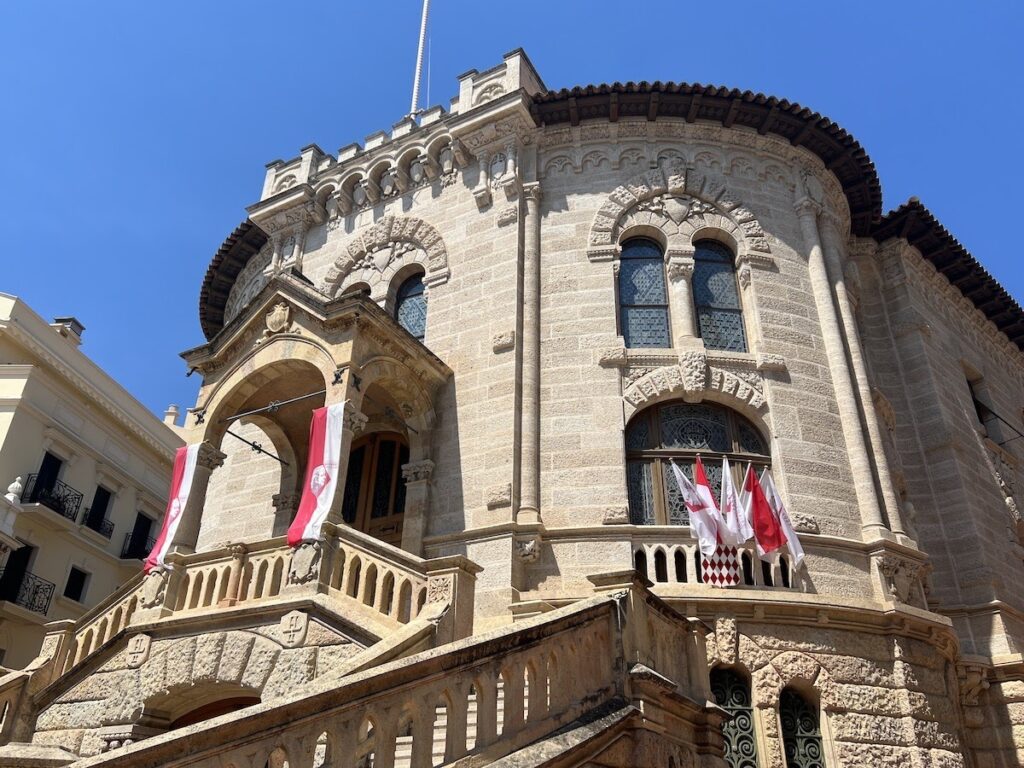How to get a free lawyer in Monaco

Your lawyer may be paid for by the State, depending on your income.
There are two different systems, depending on the type of case and the part you play in it. The best-known of the two, since it is often mentioned in the media and in films, is the court-appointed lawyer system. However, it is not the most common in practice, since it only applies to defendants in criminal cases.
- In an emergency situation, where a person is in custody and brought up for immediate trial (also called flagrante delicto), he or she has the right to a court-appointed lawyer, regardless of his or her financial circumstances. Of course, he or she may retain a lawyer of his or her choice.
- The rest of the time, in non-emergency situations, there are usually several months between the summons and the hearing. If the defendant wishes to apply for assistance, he or she must submit a request to the president of the court. Proof of income and expenses must then be provided, and based on this, a court-appointed lawyer may or may not be assigned.
“There is no set threshold, it is at the president’s discretion,” explains Florestan Bellizona, “but as a general rule, we tend to apply the same threshold as for legal aid, which sets a fixed threshold of €20,000 per annum.” In addition to their income, the applicant’s living expenses will also be taken into account. “Someone who earns €2,000 a month but has five people to support doesn’t have the same disposable income as someone who earns €1,500 a month and lives alone, for example. We can make adjustments to take individual circumstances into account,” adds the vice-President of the Court of First Instance. There is no online platform for making the request, however you can request the documentation by telephone, e-mail or post.
Legal aid
The second system is legal aid. This is available for all possible types of procedures: civil, administrative, industrial tribunal, appeals, supreme court, etc And for criminal proceedings, it may be requested by the civil parties. “Whatever the situation, a request must be made to the “greffe général”, or Registrar General. The process is much more regulated than for court-appointed lawyers, and the criteria are set by sovereign order,” Florestan Bellizona points out.
A person who lies about his or her income or expenses, whether in the case of court-appointed representation or legal aid, is liable to prosecution, as they are committing the offence of wrongfully obtaining aid.
The ceiling is set at €20,000 per year, but the legal aid board still has some leeway. “We can aceept a higher amount if the person can prove that they have bigger family commitments, for example, depending on their situation. I remember a civil case where a woman’s income was well above the authorised ceiling, but the amounts involved were paid voluntarily by her spouse, against whom she wanted to initiate divorce proceedings. As there was a high probability of these payments being cut off, we granted legal aid to her,” says Florestan Bellizona, who is also Chairman of the Legal Aid Board. If in doubt, he advises to send in your application, because “no matter what, they are all examined,” he states.
Who is eligible?
Anyone might be involved in a lawsuit in the Principality: Monegasques, residents, employees, and even people who have no connection with Monaco but need to file a lawsuit in the Principality. “The important thing is that there is a legal link with the Principality,” stresses Mr Bellizona. A form consisting of a few pages must be completed and submitted with a list of supporting documentation. It should be noted that the board may accept a simple sworn statement in certain situations, when the person is unable to provide the required documents: “We have already had cases of homeless people, or women who are victims of domestic violence and have fled their homes, and no longer have access to their paperwork. We should never lose sight of the human situation behind each case,” says Florestan Bellizona.
It should be noted that legal aid is not granted to for-profit legal entities. In the case of non-profit legal entities, the case must be demonstrably ‘worthy of interest’. “If the owner of a limited liability company that is involved in a lawsuit applies for legal aid, it will automatically be refused. On the other hand, if a non-profit that defends women’s rights wanted to be involved in a civil or criminal case on that subject, the Board might consider that it is worthy of interest, and that it is justified because the non-profit has no income of its own.”
The decision to provide aid is valid for the first instance, the appeal, the review and until the decision is notified and executed, regardless of the length of the trial. “People sometimes forget that a bailiff is also systematically appointed along with the lawyer, and that if a person who has obtained legal aid wins their case and requires to have it executed by force, they will be able to consult the bailiff free of charge.”
Legal aid may be withdrawn:
- if the person retains a lawyer of their choice in the course of the proceedings
- if the person’s income rises above the threshold
- if legal aid was granted as a matter of urgency, and the person subsequently proves not to be entitled to it. “It is possible to make an urgent request, when the trial date is imminent, or when a flagrante delicto is scheduled for the following day and there is a victim who wishes to act as a civil party. If that victim does not have the means to hire a lawyer, they submit a summary request, and will have three months to provide the necessary supporting documentation. If they fail to do so, or if we realise that they don’t meet the criteria, the aid is withdrawn.”
The board may switch lawyers. “The most common reason is when the lawyer realises they have a conflict of interest, that the defendant is already a client, or that they have family ties, which can happen, especially in Monaco given the size of the country.” This can also happen when a disagreement arises between the defendant and the lawyer.
Are “free” lawyers less capable?
The answer is no. “Lawyers do their job as conscientiously as possible when they are appointed, and it’s part of the job to also represent people who can’t afford it,” says Florestan Bellizona. “Certainly, some will work as hard as if they were being paid double their usual rate, others will do the basic minimum, and others will pass the case to the latest member of staff to join the firm. As a result, it is generally the youngest lawyers who are appointed, a long-standing practice that enables them to build up a client base, generate a little income and hone their craft.”
Does the plea really influence the sentence? “Yes, a good closing argument can influence the sentence, in terms of the type of sentence and the duration, but it generally does not change the outcome of the case. In any event, people are not judged differently because they don’t have a lawyer. We do our utmost to remain objective at all times. I think the nuance lies mainly in the preparation, because some people who have not been sufficiently prepared can appear in a very bad light, whereas the lawyer will advise the client on what it would be best to say or not to say.”
There are 34 lawyers in Monaco, including defence lawyers, barristers and trainees. Here is the full list.













